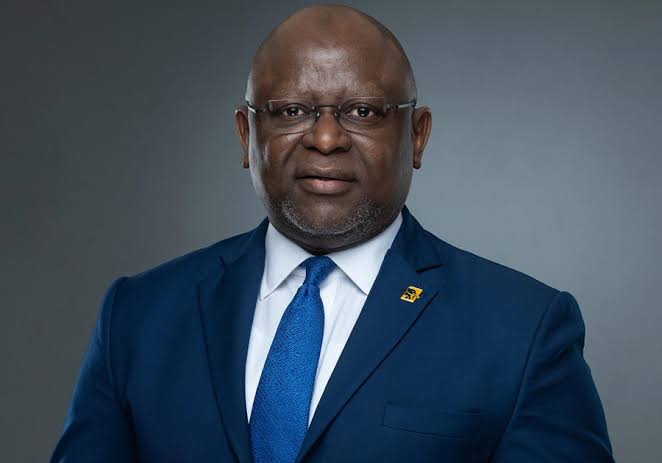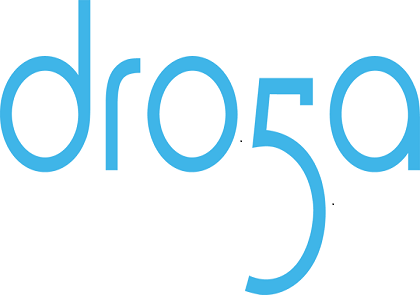
MoMo unveils ambitious plans to grow market leadership
In a move poised to reshape Nigeria’s payment ecosystem, Mobile Money (MoMo) PSB, the fintech arm of MTN Nigeria, has set its sights on an audacious goal: to surpass the prevalence of cash transactions in the country.
According to reports, cash transactions accounts for 90 percent of the nation’s economic exchanges, and has emerged as the formidable competitor that MoMo aims to outsmart.
Recent developments have propelled MoMo to new heights, with its valuation soaring to an impressive $5.2 billion. This was revealed following MTN Group’s recent decision to divest a minority stake to Mastercard, catalyzing MoMo’s journey to the forefront of Nigeria’s fintech landscape.
Behind the ambitious drive lies an uncharted landscape worth an estimated $220 billion – Nigeria’s informal economy. This colossal sector, predominantly occupied by unbanked individuals and businesses, presents an untapped potential that MoMo intends to harness.
Usoro Usoro, the CEO of MoMo PSB, noted, “The informal economy is a treasure trove awaiting discovery. With cash transactions reigning supreme, this is a largely unexplored realm that holds immense promise.” According to the International Monetary Fund, this informal economy’s valuation stands as a testament to its significance.
However, MoMo’s ascendancy has not been without challenges. Unconventionally, non-telco entities such as Moniepoint and Opay have firmly gripped the reins of Nigeria’s mobile money market. This unexpected shift departs from the norm across the African continent, where telcos traditionally spearhead mobile money services.
Bucking the trend, three frontrunners have emerged in Nigeria’s mobile money race: Moniepoint boasts a network of over 600,000 agents and serves 1.4 million merchants, Opay follows closely with 550,000 agents catering to 300,000 merchants, and Palmpay commands a formidable presence with more than 500,000 agents and 300,000 merchants. MoMo, for now, occupies the fourth position, enlisting a robust force of over 200,000 agents.
Yet, MoMo embraces a measured, deliberate approach. Instead of succumbing to a sprint mentality, it focuses on constructing a robust infrastructure to cater to the expansive unbanked population. “Our strategy encompasses much more than a race; it’s a marathon. Our objective is to effectively bank the over 50 million unbanked Nigerians,” asserts Usoro. This approach mirrors MoMo’s journey to dominance in other markets, where a patient strategy has reaped rewards.
The blueprint for MoMo’s success is painted vividly by its Ghanaian triumph. In Ghana, MoMo’s contribution is undeniable, catalyzing a 48.8 percent year-on-year increase in revenue and constituting a remarkable 21.6 percent of the total revenue. The Ghanaian model, highly scalable and projected to grow by 29.6 percent annually until 2028, serves as the blueprint MoMo seeks to replicate in Nigeria.
Osaretin Victor Asemota, growth partner at AnD Ventures and Africa partner for Alta Global Ventures, delved into MoMo’s unorthodox strategy: “Expect MoMo to challenge norms, experiment tirelessly, and forge a unique path to carve out a substantial margin. Their methodology transcends the conventional.”
MoMo’s reach doesn’t end with domestic remittances. Collaborating with Saana Capital LLC, the fintech envisions reshaping the remittance landscape across the entire continent. MoMo’s ingenious proposition entails empowering customers to send and receive payments directly through their MoMo accounts, obviating the need for foreign currency or domiciliary accounts.
Beyond remittances, MoMo sets its sights on e-commerce integration and lending services. While its current Payment Service Bank license might preclude lending, MoMo is in dialogue with Nigerian financial regulators to broaden its spectrum of services. This strategic evolution aligns with MoMo’s commitment to cater to the unbanked demographic, a significant chunk of which grapples with limited access to loans.
As MoMo navigates Nigeria’s intricate financial terrain, it does so with the aspiration of fostering a paradigm shift. Its innovative solutions cast a spotlight on an untouched informal economy, illuminating a path toward a cashless future that holds transformative promise for Nigeria’s economic landscape.




Comment
No comments found.